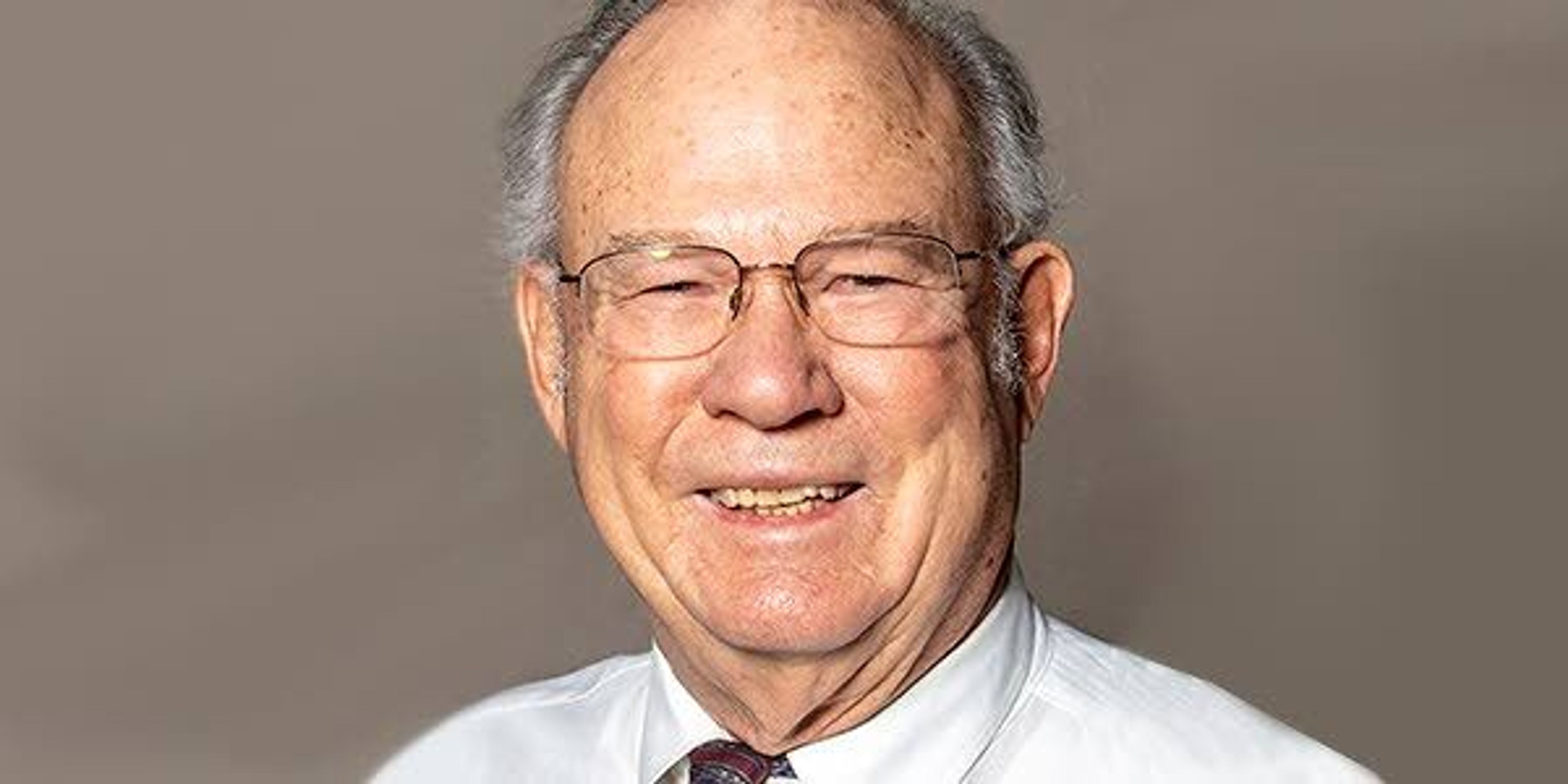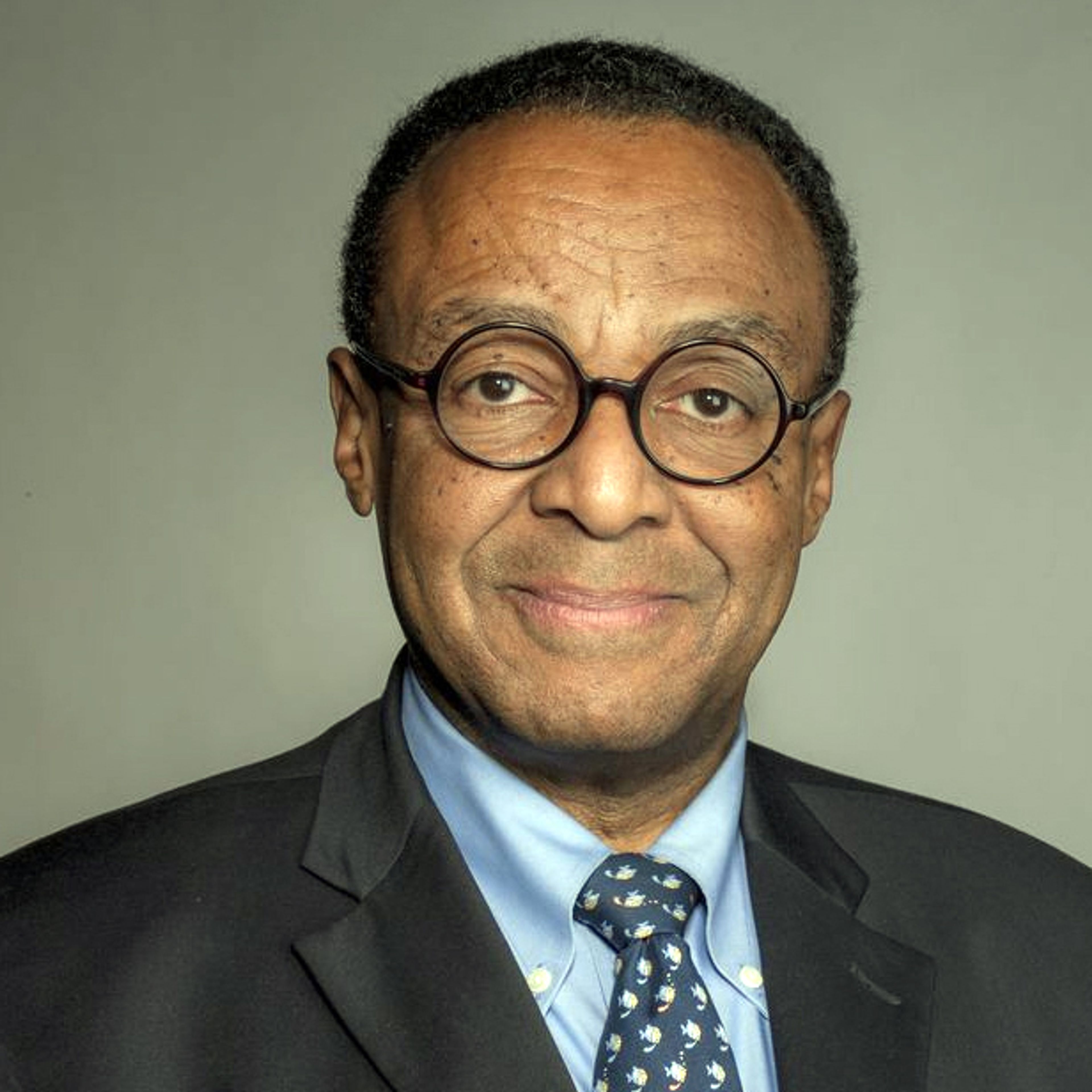OPINION: Who are the bioethicists watering down Hippocratic oath’s meaning?
Who are these people called bioethicists, who have assumed the prerogative of making life and death decisions in people’s lives? Many have a secular and utilitarian view with fading safeguards for individual rights.
Utilitarianism values life for its social usefulness and supports assisted suicide.
An alternative view is understanding ordinary vs. extraordinary treatments and means, a culture of life and caring for the whole person through the end of life.
A third view is vitalism, which states preserving life — regardless of other values such as loss of dignity, independence or preventing pain — is most important.
Some of the information for this column is condensed from the book, “Culture of Death: The Age of ‘Do Harm’ Medicine,” by Wesley J. Smith.
Smith also has written 13 other books, including “Forced Exit: Euthanasia, Assisted Suicide and the New Duty to Die,” “No Contest; Corporate Lawyers and the Perversion of Justice in America,” which was co-authored by Ralph Nader, and “The Doctor Book: A Nuts and Bolts Guide to Patient Power.”
Another source is Jennifer L. Kozakowski’s “Catholic Teaching: A Middle Ground and Guide for End-of-Life Care and Decision-Making and an Antidote for Dying Badly in America” in The Linacre Quarterly.
Several of the themes of Smith’s writing include this text: “In the original version, I spent many pages cautioning about how dehydrating cognitively disabled patients to death by removing their feeding tubes was becoming normalized and a matter of clinical routine. ... The first edition of ‘Culture of Death’ also warned against the growing euthanasia movement that threatened the soul of Hippocratic medicine.”
The Hippocratic oath I took, with the basic concept of “first, do no harm,” has been watered down to near meaninglessness.
The assisted suicide campaign of Dr. Jack Kevorkian, who became a convicted felon for implementing it on patients, is now allowed in Oregon, Washington and eight other jurisdictions in the U.S. There already exists the increasing attempts at coercion by family members, the medical and insurance systems to essentially force the patient to submit to assisted suicide.
Under certain circumstances under the concept of “suicide tourism,” it is allowed in nine other countries. But in Washington v. Glucksberg (1997), the U.S. Supreme Court decided that a state is permitted under the 14th Amendment to pass a law prohibiting assisted suicide.
The ethics of harvesting vital organs for transplantation is called “redefining death,” which allows people to be killed for their vital organs. This is horrifyingly visible by the Chinese Communist Party kidnapping a person and, in a mobile surgical operating room, removing a cornea, kidney, part of a liver or pancreas to be sold in the international black marketplace. In the case of the Uyghurs and Falon Gong, the Chinese Communist Party murders people for their lungs or hearts.
How does this come about?
Because some authority determines that these targeted people are actually not human. That’s exactly the rationale that says an individual with unique DNA reliable for forensics and genealogy purposes can be terminated to the moment of birth.
But even in the United States, where our founding Declaration of Independence states we are endowed “with certain unalienable rights, that among these are life, liberty, and the pursuit of happiness,” the Supreme Court has made several decisions abridging these rights.
In Plessy v. Ferguson (1896), the court ruled racial segregation — “separate but equal” — in public education was allowed. That remained the law of the land until 1954, when the court issued its Brown v. Board of Education of Topeka decision.
In 1927’s Buck v. Bell ruling, the Supreme Court by an 8-1 decision upheld Virginia’s Eugenical Sterilization Act, which allowed for the involuntary sterilization of people deemed genetically inferior, therefore “unfit” to procreate. In his majority opinion, Justice Oliver Wendell Holmes Jr. wrote: “Three generations of imbeciles are enough.”
Smith also expands on his term “futile care theory” or medical futility, which allows doctors to refuse wanted life-sustaining treatments. The field of bioethics has considerable variety of opinions, but some bioethicists are trying to normalize this concept.
The ethics and moralities of human/animal relationship become very important when we realize that some bioethicists consider some animals to be the same as some humans. This therefore allows experiments on nonconsenting humans as happened when Josef Mengele, a physician with the SS, conducted inhumane medical experiments on Jewish prisoners at Auschwitz. He was also known as the “angel of death.”
Exposed in 1972, a 40-year experiment by the U.S. government was designed to determine the effects of untreated syphilis on Black men in the rural South. They were not informed of the actual purpose, and more than 100 died.
There is widespread belief that the recent COVID-19 episode had many of the characteristics of the above events: no informed consent and withholding of probable effective treatments with continuing attempts to cancel alternative opinions.
Wrote Smith: “Under a revitalized Hippocratic tradition, a doctor’s exclusive loyalty would remain with each patient as individuals, not to patient groups, HMOs or society. ... The siren temptation to participate in assisted suicide as a medical professional or patient, or attending such a death as a family member or friend, would be resisted, and hospice would be reformed to further reduce or eliminate suffering without eliminating the sufferer. ... In short, a granite-like adherence to the sanctity and equality of every human life.
“... That which we sow through our public policies and ethics protocols, we surely shall reap in the way in which we and those we love are treated in our individual lives. We all age. We fall ill. We grow weak. We become disabled. As inevitably as the changing of tides, a day comes when our need to receive from our fellows adds up to far more than our ability to give in return. When we reach that stage of life, will we still be loved, cared for, valued? Will we still be deemed persons entitled to equal protection under the law?”
In other words, will the slippery slope to mandated assisted suicide and eugenics become the norm?
Will the well-known entity of terminal lucidity, the sudden mental clarity before death that gives the dying the last chance to repent before entering eternity, be denied by some bioethicists? An 81-year-old woman with Alzheimer’s disease and not speaking for a year recited to her son this first stanza from a Icelandic poem before dying: “Oh, Father of light, be adored. Life and health you gave to me, my father and my mother. Now I sit up, for the sun is shining. You send your light to me. Oh, God, how good you are.”
It isn’t possible to have a complete discussion about such a complex subject as living and dying given the space limitations of this column. But it can give awareness of its complexity.
Shortly before I submitted this column, the assassination attempt on former President Donald Trump occurred. The takeaway point is that God has anointed and protected Trump for him to do his will.
Eggleston, M.D., is a retired ophthalmologist. His email address is rjegglestonmd@gmail.com.









